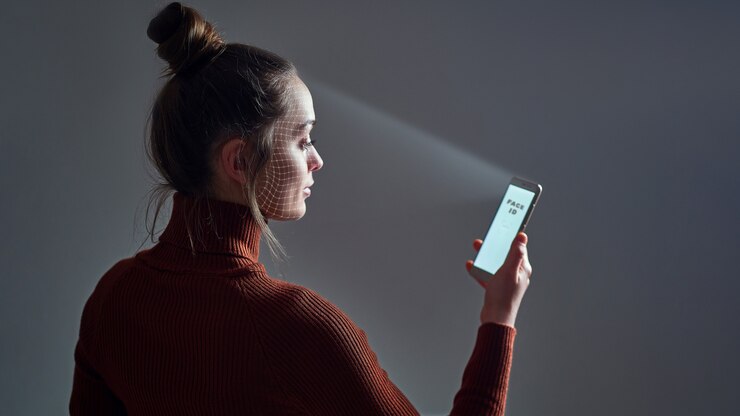There’s something profoundly human about therapy – the connection, the conversation, the presence. But behind the scenes, the craft is quietly evolving. Therapists on the move are finding new ways to deepen care, reduce admin friction, and adapt to their clients’ ever-changing lives. This isn’t about replacing the personal touch – it’s about using digital tools to preserve and strengthen it. Mobile Therapists London are at the forefront of this shift, embracing smart systems that allow them to offer their services with more flexibility, efficiency, and consistency than ever before.
As city life becomes more fluid, so too must the professionals who support it. Here’s how technology is shaping their world.
Smarter Scheduling and Seamless Bookings
Gone are the days of back-and-forth calls and pencilled diaries. Today’s mobile therapists rely heavily on cloud-based scheduling platforms that allow clients to book appointments in real-time, often with automatic reminders and cancellation policies baked in. This reduces no-shows and gives clients greater autonomy over their sessions, which is particularly valuable in a fast-paced city like London.
Therapists, in turn, can manage their calendars on the go – adjusting routes between sessions, planning rest breaks, and avoiding unnecessary overlaps. These systems often sync with maps and traffic data, making the day’s logistics smoother and far less stressful.
Secure and Simple Communication
While face-to-face interaction remains central, communication before and after sessions has become more digital. Secure messaging platforms tailored to healthcare professionals allow therapists to send session summaries, follow-up resources, or check-in notes without compromising confidentiality.
This is especially important for therapists who cover large areas or work with clients in various locations. Rather than relying on traditional email or phone, they can stay connected using encrypted apps that prioritise data security while fostering stronger therapeutic relationships.
Remote Therapy as a Complement, Not a Replacement
Mobile therapy often implies physical travel – and that’s still true. But therapists are increasingly offering hybrid services: mixing in-person visits with virtual check-ins. Video conferencing tools, once clunky and unreliable, are now streamlined and confidential, making it easy to offer support when travel isn’t possible.
For clients who travel often, are unwell, or need brief check-ins between longer sessions, this flexibility can be a lifeline. And for therapists, it means fewer missed appointments and more consistent care, without compromising the depth of their work.
Digital Records and Confidential Notes
Paperwork used to be the bane of many therapists’ lives. Today, digital records make client notes, treatment plans, and progress tracking far more manageable. With the right software, therapists can securely document sessions immediately after they happen – even between visits or on a break – ensuring accuracy and continuity.
Most importantly, these systems are GDPR-compliant and designed to protect sensitive client data. For therapists operating across the capital, having everything at their fingertips – securely stored, easily updated – allows for a more focused, responsive service.
Custom Tools for Mindfulness and Follow-Up
Beyond the sessions themselves, many therapists now offer clients access to mindfulness apps, digital journals, or personalised self-care plans via mobile platforms. These tools help reinforce therapeutic work between meetings, offering gentle nudges or exercises tailored to individual needs.
Clients can engage with these resources at their own pace, on their own time – turning therapy into an ongoing experience rather than a weekly event. For mobile therapists, it’s a way to stay present and helpful even when they’re not in the room.
The Future is Fluid and Personal
As technology continues to evolve, the possibilities for mobile therapy expand. But at its heart, this is still about people. The goal isn’t to automate care, but to remove the barriers that get in the way of it.
For mobile therapists in London, technology isn’t a novelty – it’s a quiet partner in their work, helping them deliver human-centred care wherever it’s needed most. And in a city that never stops moving, that might just be the most valuable innovation of all.





